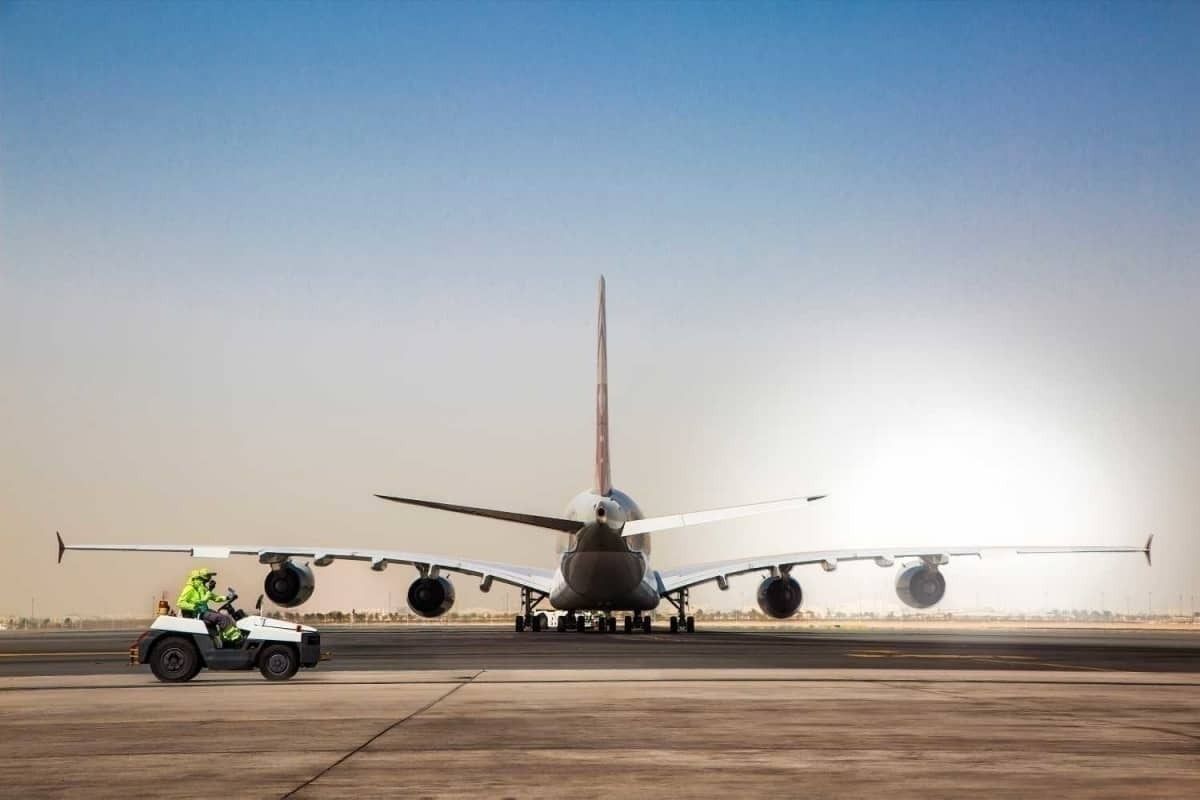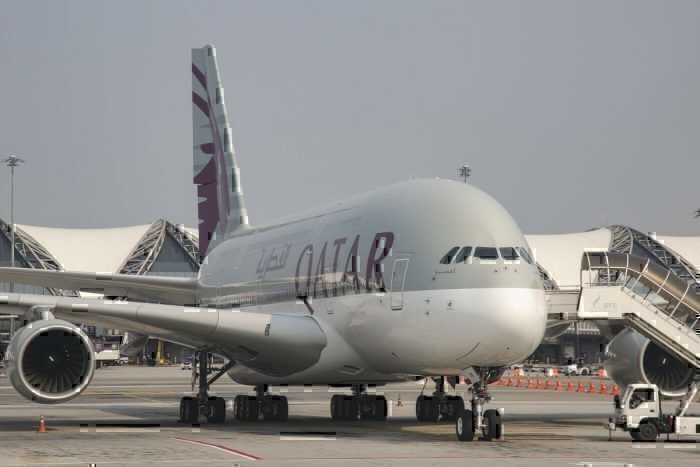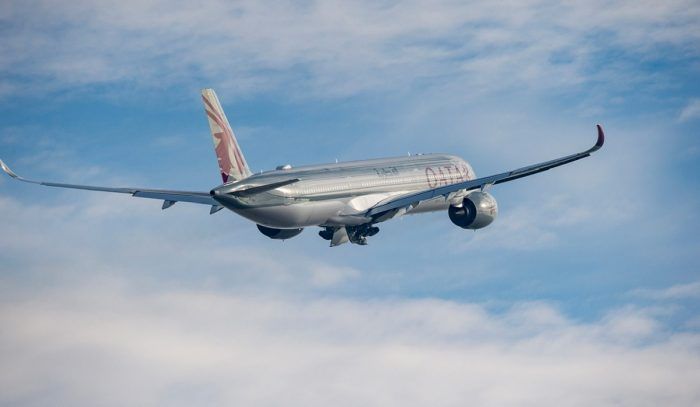While Qatar Airways has made no direct plans for the retirement for its fleet of A380s, it has deemed then commercially unviable and environmentally unjustifiable to operate for the foreseeable future. In a statement issued late last week, CEO Akbar Al Baker said the airline's superjumbos would not return to service before demand "returns to appropriate levels."
As airlines readjust and recalibrate their fleets for a post-COVID reality, large capacity double-decker aircraft are taking massive hits. Many carriers have taken the opportunity to retire their jumbo and superjumbo jets ahead of schedule, as air travel demand is predicted to remain dampened for years to come.
Stay informed: Sign up for our daily aviation news digest.
Rebuilding network with sensible capacity
Qatar Airways, one of the few global airlines that never stopped flying during the COVID-crisis, has so far not expressed any concrete plans of retiring its ten-strong fleet of five-year-old A380s. However, it has removed them from the schedule for the coming year.
In a statement issued last week, the carrier explains the reasoning for keeping its superjumbos grounded for the foreseeable future. CEO of Qatar Airways, Akbar Al Baker, said,
"As we rebuild our network, passengers can rely on us to operate an honest schedule of flights to take them where they want to go, using the right size aircraft to offer sensible capacity on each route. As a result, we will not resume flying our fleet of A380 until demand returns to appropriate levels."
More sustainable choices
A380 operations are further compounded by the fact that it is an environmentally unsustainable choice when compared to other aircraft in Qatar's fleet.
"Having closely studied the environmental impact numbers, flying such a large aircraft with a low load factor does not meet our environmental responsibilities or make commercial sense. Our young fleet of Airbus A350 and Boeing 787 aircraft is a much better fit for current global demand," Mr Al Baker continued.
When comparing the A380 and the A350 in environmental performance, the smaller jet wins by leaps and bounds. According to analyses conducted by Qatar Airways on selected routes, the A380 emitted over 80% more CO2 per block than the A350. The latter thus saved a minimum of 16 tonnes of carbon dioxide per block hour compared to the superjumbo.
Other widebodies fully operational
The Qatari flag-carrier stated it would be utilizing its full fleet of 30 Boeing 787 Dreamliners and 49 Airbus A350, of which it is the world's largest operator, as it continues to add destinations to its network.
Qatar will deploy the 787s on selected routes to Europe. The A350s will also fly to Europe but are to be sent further afield as well, on long-haul routes to the Americas and Asia-Pacific.
Qatar's Gulf rival and the world's largest operator of the superjumbo, Emirates, has scheduled its A380 for flights for at least another ten years. It recommenced services with the massive jet on July 15th, operating services from Dubai to Paris-CDG and London Heathrow.



